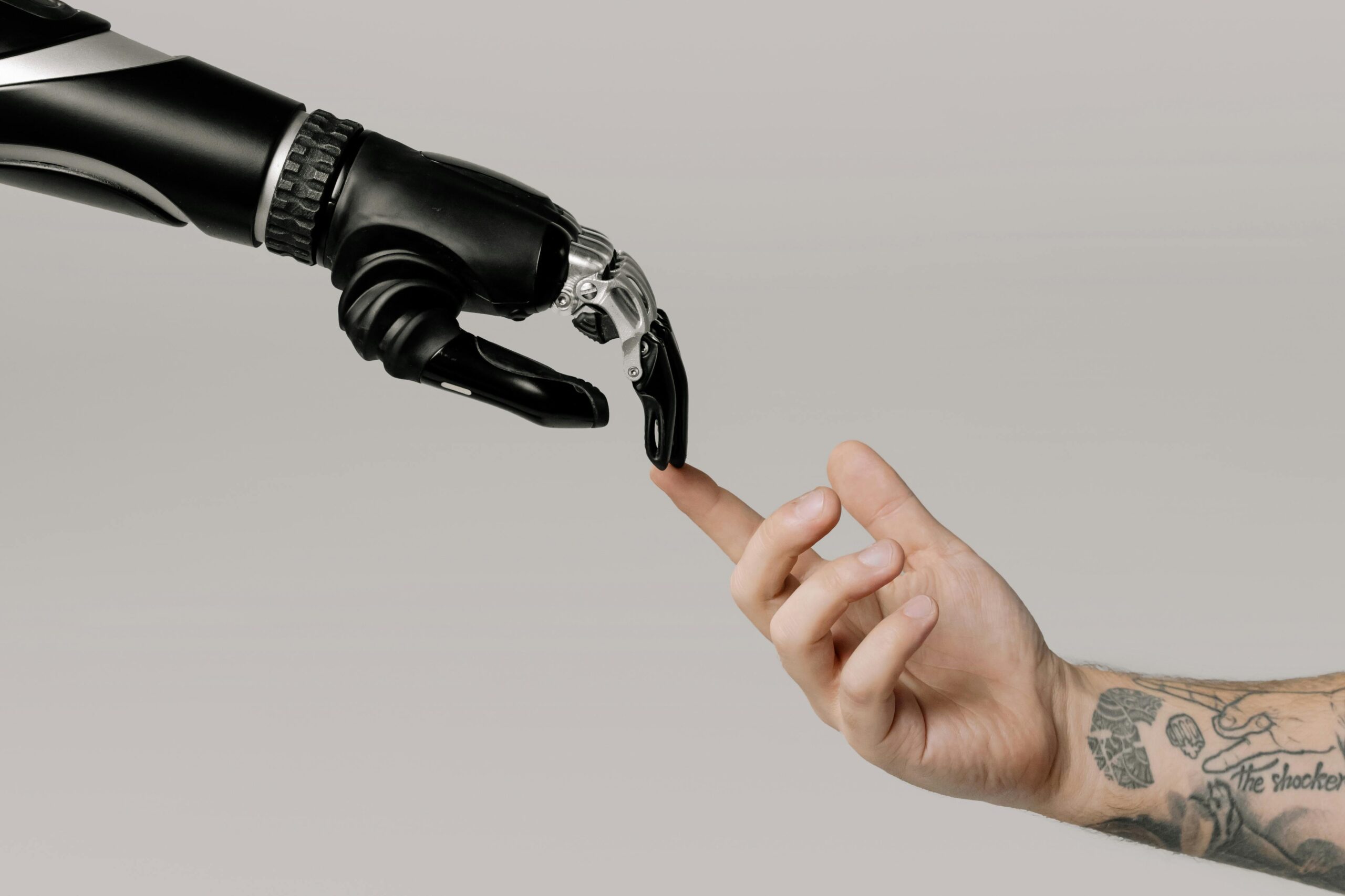In our last article, we asked: “Artificial intelligence is changing the rules of the game in revenue management. But does that automatically mean the end of the revenue manager?”
The answer: No – on the contrary. AI can relieve and support revenue managers. But only if the foundation is solid. And that foundation is clean data.
What does “clean data” mean?
Clean data is complete, consistent, correct, and up to date. That means:
- Complete: All relevant information is captured (e.g., booking source, rate, segment).
- Consistent: Data is recorded in the same way across all systems (e.g., identical segment definitions in PMS and CRS).
- Correct: The data reflects reality (e.g., no wrong cancellation reasons, no bookings assigned to the wrong market segment).
- Up to date: Data is recorded in the system promptly and reflects the current booking status.
Only when these criteria are met can AI-driven systems provide reliable forecasts and actionable recommendations.
Prerequisites in the PMS for clean data
For AI in revenue management to truly deliver, the property management system (PMS) must provide the right foundation:
- Clear segmentation and rate structure
- Uniform definition of market segments (e.g., corporate, leisure, OTA, direct bookings).
- Clear assignment of rate codes (e.g., BAR rate = BAR without discounts).
- No duplicates or excessive “miscellaneous” categories.
- Disciplined data entry
- Staff must be trained to enter bookings correctly and completely.
- Mandatory fields help avoid missing information.
- Where possible, data should be integrated seamlessly from other systems – such as booking or payment platforms. This reduces the risk of errors and saves valuable staff resources.
- Clean system integrations
- PMS, CRS, channel manager, and RMS should be seamlessly connected.
- Avoid redundant data entry to prevent inconsistencies.
- Regular data maintenance and control
- Routines for checking cancellations, no-shows, and booking adjustments.
- Actively remove duplicates and incorrect entries.
- Standardized processes
- Clear guidelines on how data should be recorded (e.g., corporate bookings with company name instead of “private”).
- Documented processes ensure quality even when staff turnover occurs.
Conclusion
AI in revenue management is a powerful tool – but only if the foundation is in place. Clean data is the foundation for smart decisions.
Hotels that already focus on data quality in their PMS today are creating the best conditions to fully leverage the benefits of AI-driven forecasts and automation – not to make the revenue manager obsolete, but to equip them with better tools.






